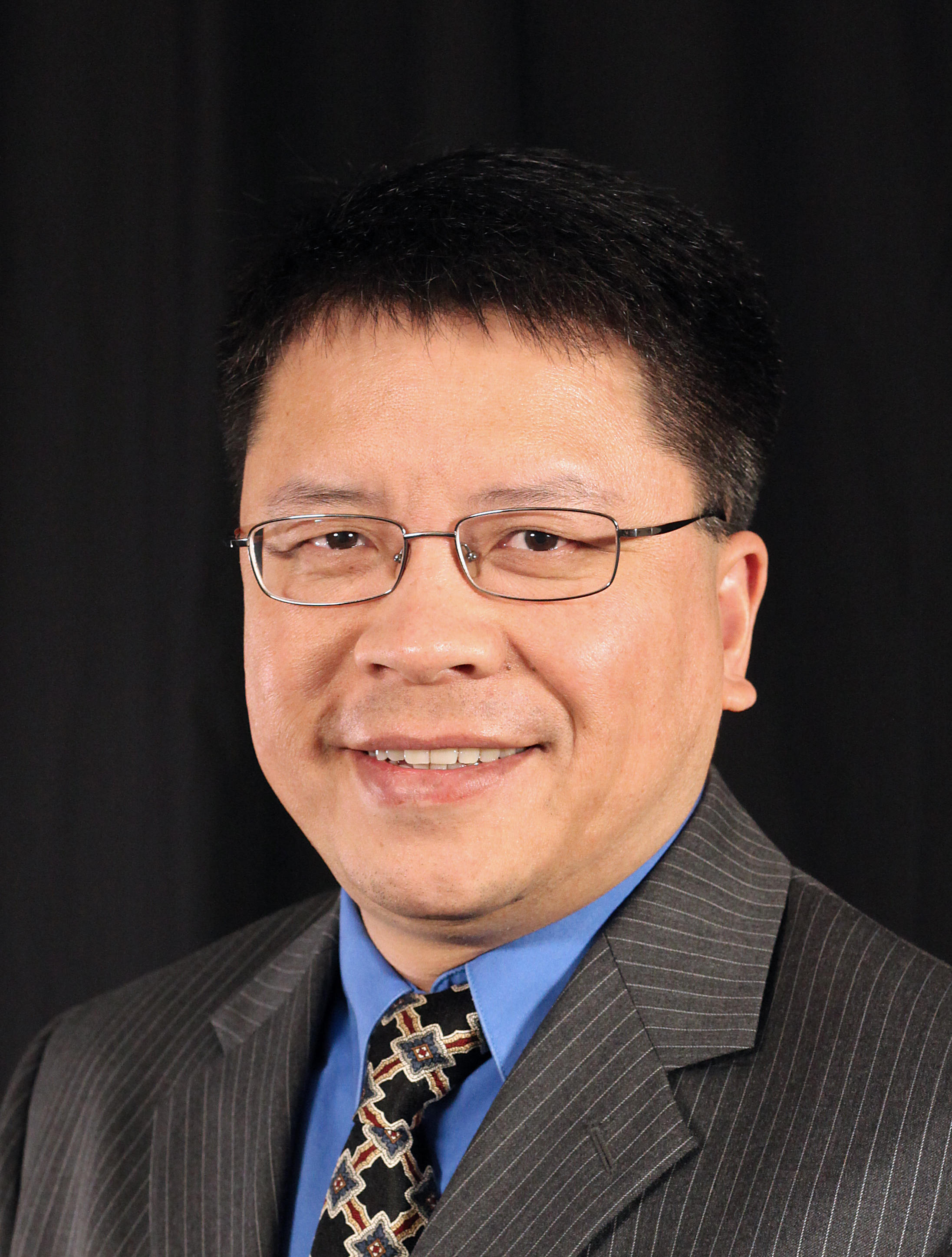 |
Prof. Yeping Li
Professor, Department of Teaching, Learning, and Culture
Texas A&M University
Dr. Yeping Li is a Professor at the Department of Teaching, Learning, and Culture at Texas A&M University, USA. He was also named by Shanghai Municipal Education Commission as “Eastern Scholar” Chair Professor at Shanghai Normal University, China. His research interests include STEM education, mathematics education and teacher education. He is the founding editor-in-chief of the International Journal of STEM Education (#1 journal in STEM education research worldwide) and Journal for STEM Education Research, both published by Springer, and is also the editor of several monograph series including, Advances in STEM Education also published by Springer. In addition to publishing over 15 books and special journal issues, he has published more than 100 articles in topic areas that he is interested in. His work has been supported by various funding agencies, including the U.S. National Science Foundation and Spencer Foundation. He also organized and chaired many group sessions at various national and international professional conferences, such as the American Educational Research Association (AERA) annual meetings, the 10th International Congress on Mathematical Education (ICME-10) in 2004, ICME-11 (2008), ICME-12 (2012), and ICME-13 (2016). He received his Ph.D. in Cognitive Studies in Education from the University of Pittsburgh, USA.
Keynote address
The emerging field of science, technology, engineering and mathematics (STEM, later also STEAM by adding “Arts”, STREAM by adding “Reading”) education presents some fascinating opportunities for transforming school education, not only due to the fact that STEM is important for students’ learning now and in the future. Historically, STEM education as discipline-based education has long been in place with a focus on mathematics and science. Recent calls for a broader focus on STEM education have generated more and more interest in exploring and understanding different forms and approaches of this movement in many education systems. Correspondingly, research development in STEM education has experienced dramatic changes over the past decade, providing much-needed scholarship support to further STEM education within and across education systems. With the rapid increase in the number of scholarly publications on STEM education in recent years, knowing and understanding the status and trends in STEM education internationally support the development of the field. In this talk, I will first provide a review of research development in STEM education with surveys of journal publications in various scopes. The review then provides an empirical base for further discussion of global trends and hot topics in STEM education as presented in literature.
|